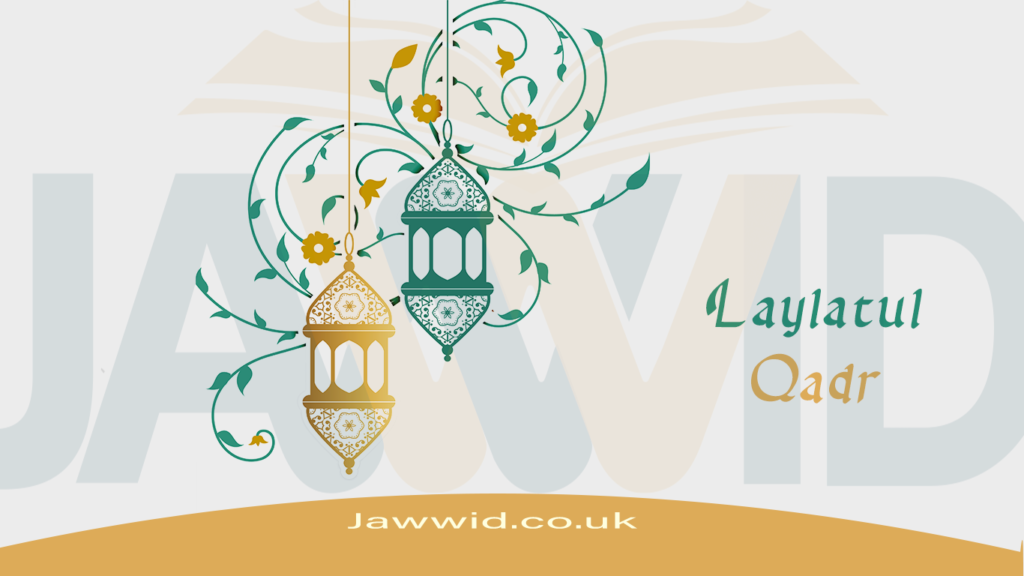What are the essential duties every Muslim should fulfill?
Muslims, both as individuals and communities, are called upon to uphold essential duties that reflect the universal principles of Islam. These commitments aren’t just religious rituals; they’re pathways to justice, peace, and harmony in our world, and the keys to success in the Hereafter.
In the Holy Quran, Allah emphasizes the profound importance of these responsibilities. For instance, He instructs, “Your Lord has decreed that you worship none but Him, and that you be kind to parents. Whether one or both of them attain old age in your life, say not to them a word of contempt, nor repel them, but address them in terms of honor…” This guidance extends beyond just revering parents; it teaches Muslims to lead lives anchored in compassion, respect, and kindness for all. By honoring these values, Muslims can create a world filled with peace and unity, where everyone benefits from the blessings of justice and compassion.
The divine message given to the Prophet Muhammad (peace and blessings be upon him) in Surat al-Isra’—revealed after his miraculous Night Journey—lays out these core principles. These values are called Hikmah, or the teachings of wisdom, because they transcend race, nationality, or social status, offering timeless guidance to all people. Living by them isn’t just wise; it’s transformative, capable of fostering individual virtue and societal goodness.
12 Fundamental Commitments Every Muslim Must Uphold in Islam
Here are the fundamental commitments Islam calls upon every Muslim to uphold:
- Worship Allah Alone: At the heart of Islam lies the unwavering belief in Allah as the sole Creator and center of existence. Worshipping Him with sincerity and submission forms the basis of a life guided by purpose, humility, and inner peace. This isn’t just about prayer; it’s about making Allah the center of everything we do.
- Honor and Kindness to Parents: Islam places immense value on honoring parents. It is a recognition of the love, sacrifice, and care parents provide, urging Muslims to reciprocate this with respect and compassion, especially as parents grow older. This respect is seen not just as a social duty, but as a deeply spiritual one.
- Compassion for Relatives, the Poor, and Travelers: Islam teaches that we are all connected. Our responsibility goes beyond immediate family to encompass our relatives, the impoverished, and travelers. By being kind and generous, we build stronger bonds within our communities and uplift those in need.
- Responsible Use of Wealth: Muslims are encouraged to manage their resources wisely. Striking a balance between spending and saving fosters a life of moderation, avoiding both extravagance and stinginess. Islam teaches that money should be earned lawfully (Halal) and used in ways that benefit society and honor Allah’s gifts.
- Care for Children: Just as we honor our parents, we are also called to nurture the next generation. Protecting children’s physical, emotional, and spiritual well-being is a vital commitment. They represent our future, and raising them in a safe, loving environment ensures they grow up with integrity and purpose.
- Chastity and Integrity in Relationships: Islam promotes a pure lifestyle, encouraging modesty and integrity in interactions. This is more than just avoiding adultery; it means fostering respect, healthy boundaries, and dignity in all relationships, which contributes to a morally strong and supportive society.
- Sanctity of Life and Justice: Life is sacred in Islam, and each life must be respected. Conflicts should be resolved peacefully and justly, without violence or aggression. Justice isn’t only about punishment—it’s about creating an environment where life is valued and protected.
- Protecting the Orphaned and Vulnerable: Islam urges Muslims to show deep compassion and care for orphans and vulnerable individuals. This commitment embodies the essence of mercy, reminding Muslims to protect those who cannot protect themselves, ensuring their rights and well-being are safeguarded.
- Fulfilling Promises: Trustworthiness is a cornerstone of Islamic ethics. Keeping promises and honoring commitments strengthen social trust and foster a sense of reliability within the community. When Muslims speak the truth and keep their word, they uphold the integrity of Islam itself.
- Honesty in Business: Integrity is essential in all transactions. Islam stresses fairness, transparency, and trust in trade and commerce, encouraging Muslims to be honest and fair, whether they’re business owners, employees, or partners.
- Commitment to Knowledge and Truth: Islam values truth and encourages its followers to pursue knowledge, reject misinformation, and refrain from acting on assumptions. This commitment to honesty helps create a society rooted in understanding, empathy, and informed action.
- Humility and Modesty: Arrogance has no place in Islam. Muslims are encouraged to be humble and thankful, acknowledging that all blessings come from Allah. Modesty in behavior and gratitude in spirit keep us grounded, fostering harmony within ourselves and our communities.
You might also like: quran english online.
These principles are not just ideals; they are actionable, guiding lights that transform our lives and the world around us. By living with sincerity, kindness, humility, and justice, Muslims can contribute to a world filled with compassion, integrity, and peace. When embraced fully, these values bring contentment in this world and the promise of success in the Hereafter. They remind us that Islam is not just a set of rules but a path to a life of purpose, wisdom, and profound beauty.
Let us make these values our true commitments—each a step towards a better self, a stronger community, and a more just world.



